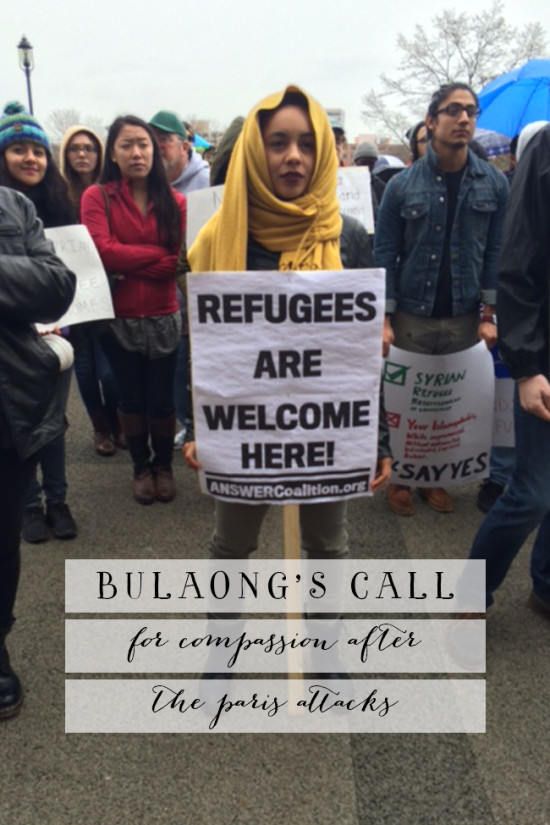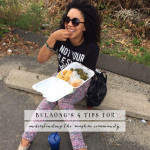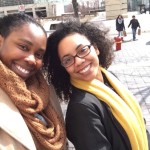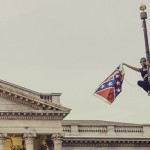I am a Black American woman born Muslim. I am weary, I am frustrated, and I am disappointed with the selective memory and selective compassion of many of my fellow Americans. I’ve watched videos of Black men shot by police, and I’ve seen photos of Syrian toddlers drowning while seeking refuge. Yet our profile pictures do not display #blacklivesmatter or the flag of Syria, Beirut, Turkey, and the countless other countries that have fallen victim to senseless, violent terrorist attacks.
This observation is not intended to create a hierarchy in the violence happening around the world but rather to call attention to what we mourn and what we choose not to mourn as a nation, as individuals, and in the media.
During World War II, President Roosevelt signed an executive order to relocate all Americans of Japanese ancestry to internment camps. In June 1939 the United States turned away hundreds of Jewish people seeking refuge from the Nazis due to fear. Once again, we’re hearing similar rhetoric and fearmongering. That bringing in refugees would put US security at risk because terrorists would try to mask as refugees. But what do we know? We know that the person said to have been the “mastermind” behind the attacks was actually from Belgium, not Syria, as were two of his coconspirators, a fact people conveniently leave out when advocating to keep refugees out of the US. We forget, as mentioned in the NY Times this past June, that “law enforcement agencies around the country have told us the threat from Muslim extremists is not as great as the threat from right-wing extremists,” according to a study published by the Police Executive Research Forum and the Triangle Center on Terrorism and Homeland Security.

So if we look at all the information, the data, history, and current events, we must question our fear and we must question our compassion or lack thereof. Why is it that the fear of Muslims (Islamophobia) seems to be acceptable and fed by the media when statistically white American men have carried out the majority of fatal attacks in the US? How is it that we live in the land of the brave, yet we let fear keep us from being compassionate human beings, who instead of adjusting our dollars and our hearts can watch people overseas being bombed out of their homes and respond with inaction? How easily we forget that the founders of this country sought refuge here to escape religious persecution and freedom.
But let’s go back even further. Has anyone heard this story before or at least my version: Mary, a young Middle Eastern girl, with the assistance of her partner Joseph were running, seeking refuge knowing there had been a call from the King to kill all newborn baby boys. Mary sought safety for herself and her soon-to-be-born baby, and as Joseph went from door to door and inn to inn, he was repeatedly turned away. “We have no room,” they said. They eventually found shelter in a barn where baby Jesus was born, placed in a manger, and offered gifts of gold. As we revisit this story, I can’t help but to recognize the similarities, and I don’t want to be the inn that turns Mary and her unborn child away.
So now I’m left with some difficult questions, for myself and for you.

Who should we show compassion to? Who should we open our homes to? Who should we feed? Should we demonize a whole group of people for the actions of a few? Would you?
I’m a Black American woman with an Arabic name, with a Muslim father and grandmother, with a relationship to a Muslim community, a Black community, and a community of women. There are layers to my fear and the threats against my body and the body of my community, yet I choose compassion.






